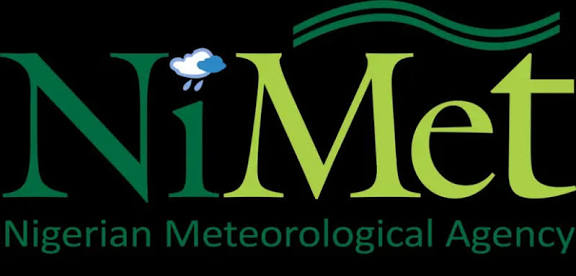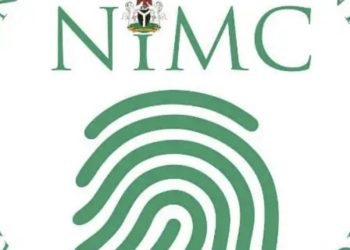By Nkechi Eze
The Nigerian Meteorological Agency (NiMet) has concluded its nationwide Quality Management System (QMS) Stakeholders’ Engagement meetings across five major international airports in a renewed effort to enhance service delivery, strengthen aviation safety, and sustain its ISO 9001:2015 certification for aeronautical meteorological services.
The series of engagements, which marked the 10th anniversary of NiMet’s QMS Stakeholders’ Meeting, brought together representatives from key aviation bodies including the Nigerian Civil Aviation Authority (NCAA), Federal Airports Authority of Nigeria (FAAN), Skyway Aviation Handling Company Limited (SAHCOL), the Nigerian Air Force, Department of State Services (DSS), relevant ministries, and host communities.
At the Port Harcourt International Airport session, stakeholders lauded NiMet for its commitment to accuracy, reliability, and operational excellence in the delivery of meteorological services. Speaking on behalf of the Director General/Chief Executive Officer, Professor Charles Anosike, Mr. Taiwo Asaniyan noted that the Agency’s engagement with critical stakeholders remains central to continuous improvement and customer satisfaction.
“Feedback from our stakeholders is vital to our quality improvement and operational excellence agenda. These engagements ensure that our services continue to meet the highest standards of safety and reliability, in line with global aviation expectations,” he said.
In Lagos, NiMet held a similar engagement at the Murtala Muhammed International Airport with airline operators, airport managers, and security agencies in attendance. Discussions focused on the impacts of weather hazards on flight operations and proactive measures to mitigate risks. Stakeholders were also briefed on NiMet’s Electronic Flight Folder, a digital innovation designed to provide seamless Operational Meteorological (OPMET) data and flight documentation to pilots in real time.
Representing the DG, Mr. Abdulrahman Usman emphasised that collaboration, reliable data, and professional guidance are indispensable for achieving safer skies and improved aviation operations across Nigeria.
“NiMet’s commitment to data integrity and service innovation is unwavering. Our collaboration with aviation stakeholders helps ensure that pilots, air traffic controllers, and airline operators have timely, accurate, and actionable information,” he stated.
The engagement train also stopped at the Malam Aminu Kano International Airport, Kano, and the Akanu Ibiam International Airport, Enugu, where participants commended NiMet for consistent improvements in its weather forecasting, deployment of OPMET services, and innovative tools like the electronic flight folder.
NiMet also announced the implementation of the ISO 45001:2022 Occupational Health and Safety Management System at its forecast offices in these locations—an important step aimed at guaranteeing that services are delivered in a safe and globally compliant environment.
During the sessions, stakeholders identified several areas requiring attention, including operationalising the Automatic Terminal Information Services (ATIS), improving access roads to meteorological stations, renovating office facilities, creating buffer zones around sensor sites, installing new equipment to enhance air traffic control efficiency, and strengthening capacity-building programmes for NiMet personnel.
The Agency received commendations for recent achievements, including the acquisition of an electric vehicle for airside operations at the Kano forecast office, which stakeholders described as a step toward sustainable environmental practices.
With the successful conclusion of the QMS Stakeholders’ Engagement meetings in Port Harcourt, Lagos, Kano, Enugu, and other scope airports, NiMet reaffirmed its determination to deliver world-class meteorological services, ensure aviation safety, and maintain strict compliance with World Meteorological Organization (WMO) and International Civil Aviation Organization (ICAO) standards through continuous improvement and stakeholder-driven collaboration.

















